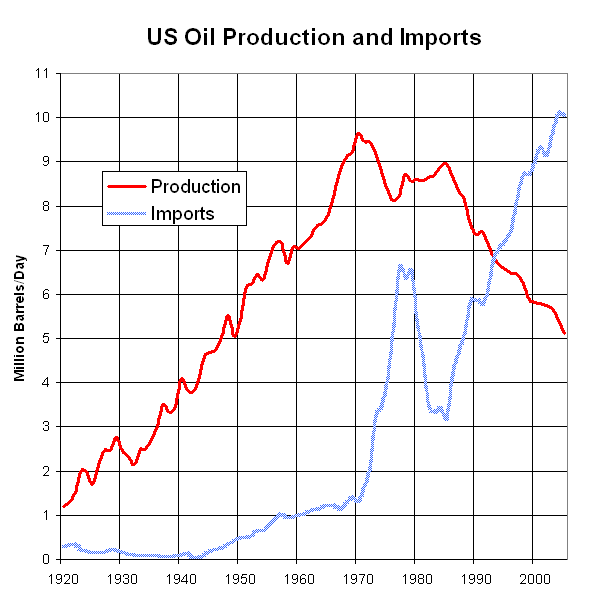If I was racist I would have no problem telling you. I don't need to play coy.
Government had very little to do with it. The fact of the matter is the rest of the world started catching up with us and started demanding more of the world's resources. After WW2 a large portion of Europe was decimated which helped our economy more easily prosper. If we had no "New Deal" constraints on the economy the boom would have been much better.
Heh. you can't admit that you're a racist to yourself, let alone anybody else.
Europe in rubble reponsible for postwar growth is just a bullshit excuse, a very tired trope, unsupported by the facts.
But the bad history is incidental; the really key point is that this is nonsense economics. Yes, our competitors were in ruins for a while; so were our customers (who were more or less the same countries). Basically, we had nobody to trade with. Heres exports and imports as a percentage of US GDP:
http://krugman.blogs.nytimes.com/2012/11/19/the-europe-in-rubble-excuse/
Yeh, it's the guy who sends righties into paroxysms of denial, but the numbers are valid.
Today, of course, New Deal constraints on the economy have been removed almost entirely, so where's the sustainable boom, anyway?
Righties got what they wanted, a bit here & a bit there, what they believed in so ardently, culminating in the efforts of the Bush Admin & a Repub Congress. Somehow, that didn't work out very well for a huge segment of America. Not that anybody with a lick of sense ever figured that it would.




